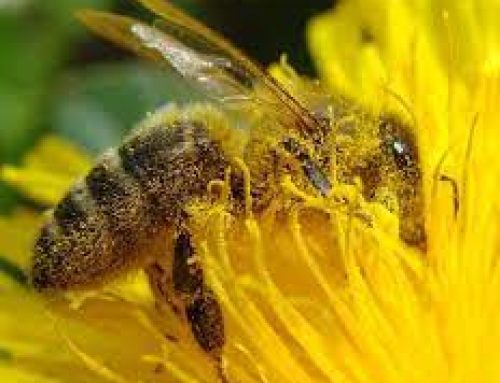National Dolphin Day, celebrated on April 14th each year, is a special occasion dedicated to raising awareness about dolphins and highlighting the importance of conservation efforts to protect these magnificent marine mammals. Dolphins are highly intelligent, social creatures that inhabit oceans and seas around the world, captivating people with their playful behaviors and graceful movements.
On National Dolphin Day, various activities and events are organized to educate the public about dolphins and promote conservation initiatives aimed at safeguarding their habitats and populations. These activities may include:
Educational Programs: Zoos, aquariums, marine parks, and conservation organizations often host educational programs and presentations about dolphins, providing insights into their biology, behavior, and conservation status.
Dolphin-Watching Tours: Many coastal regions offer dolphin-watching tours, allowing people to observe dolphins in their natural habitat while learning about their behaviors and the importance of protecting marine ecosystems.
Community Events: Community events such as beach clean-ups, art exhibitions, film screenings, and fundraising campaigns raise awareness about dolphin conservation and encourage public participation in efforts to protect marine environments.
Social Media Campaigns: Social media platforms are used to share information, facts, and photos about dolphins, as well as to promote conservation messages and encourage people to take action to protect these marine mammals and their habitats.
Advocacy and Policy Initiatives: National Dolphin Day serves as an opportunity to advocate for stronger regulations and policies to protect dolphins from threats such as habitat destruction, pollution, bycatch in fishing gear, and harassment by humans.
By celebrating National Dolphin Day and participating in related activities and initiatives, people can contribute to the conservation of dolphins and their marine habitats, helping to ensure that these iconic creatures continue to thrive in the wild for generations to come.





